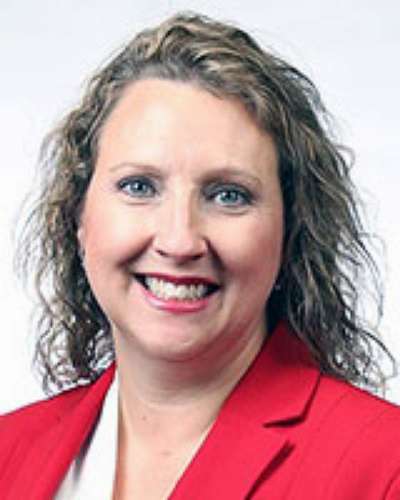Now published, see the full article 
Early Abstract:
Introduction: Depressive symptoms, negative life changes, poor self-care, and higher caregiver burden are common in caregivers who assist individuals with heart failure (HF) in managing daily activities and disease-related symptoms. Previous research findings suggest social support, problem-solving, and family function may influence these outcomes. However, the influence of these factors on outcomes in rural HF caregivers is unknown. The purpose of this study are twofold: (1) to examine whether social support, problem-solving, and family function predicted depressive symptoms, caregiving-related life changes, self-care, and caregiver burden in rural heart failure caregivers; and (2) to compare differences in these variables between rural and urban caregivers.
Methods: Rural caregivers (n = 114) completed an online researcher-developed sociodemographic and clinical survey and standardized (Likert-type) self-report instruments. Demographic statistics and Mann-Whitney U, as well as bivariate correlations, multivariate linear modeling, and Roy’s Largest Root were used to analyze data, controlling for covariates.
Results: Rural (n = 114) caregivers were primarily Caucasian (84.2%), women (58.8%), and 41.45 (± 9.013) years old. Social support had significant effects on depressive symptoms (ηp2 = 0.384; p <.001), self-care (ηp2 = 0.108; p = 0.001), and life changes (ηp2 = 0.055; p =0.016), while problem-solving showed significant effects on depressive symptoms (ηp2= 0.078; p = 0.004) and caregiver burden (ηp2 = 0.23; p <.001). Family function had significant effects on life changes (ηp2 = 0.104; p = 0.001), self-care (ηp2 = 0.088; p = 0.002), and caregiver burden (ηp2 = 0.116; p < .001). Compared to urban (n = 412) participants, rural caregivers experienced significantly less social support (p = .001), worse problem-solving skills (p = .003) and family functioning (p = .009), and greater depressive symptoms (p = <.01) and subjective burden (p = .001). There were no significant differences in caregiver self-care (p = .416) and perceived life changes (p = .346) among rural and urban caregivers.
Conclusions: Both social support and problem-solving have significant effects on depressive symptoms in rural HF caregivers, while social support and family function influences self-care. Problem-solving and family function also impact caregiver burden, while social support and family functioning influences caregiver life changes. Rural caregivers are often separated by long distances, have transportation issues, and limited access to healthcare providers and support services, therefore, innovative strategies are needed to explore the usefulness of these variables in improving caregiver outcomes.



